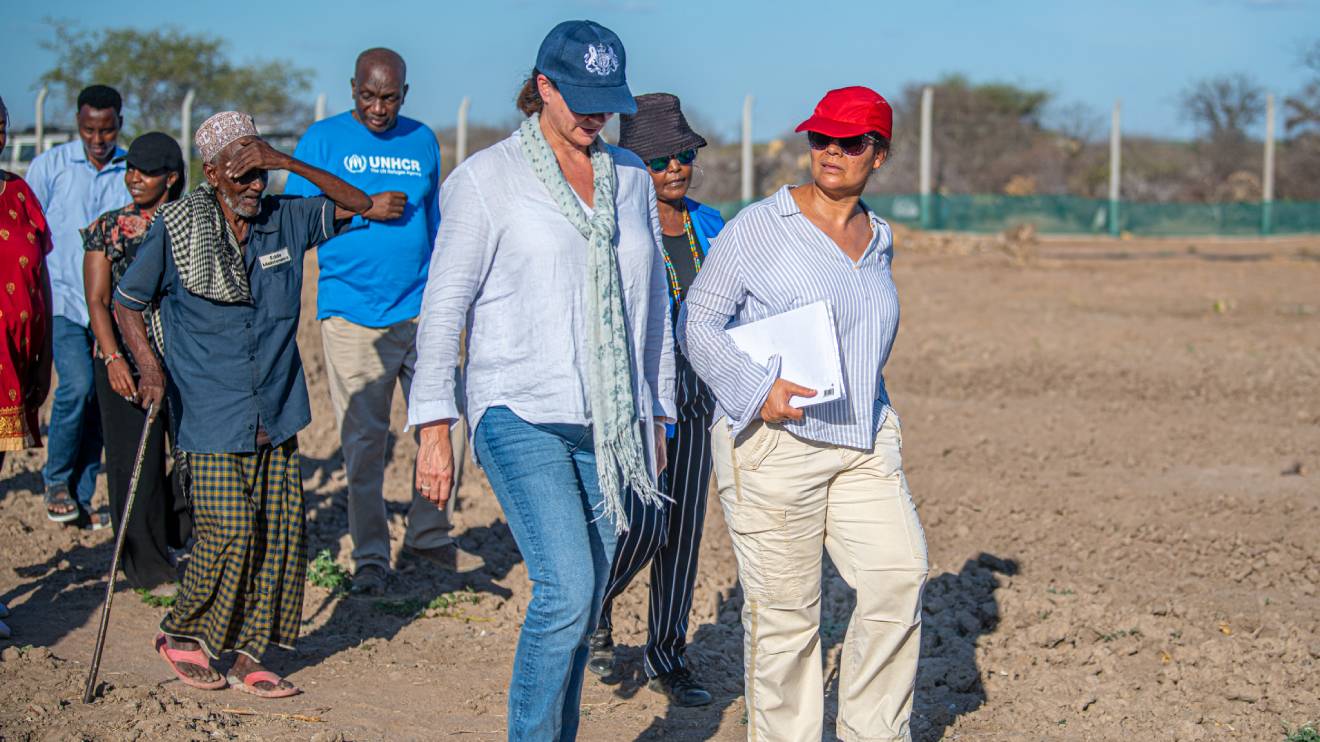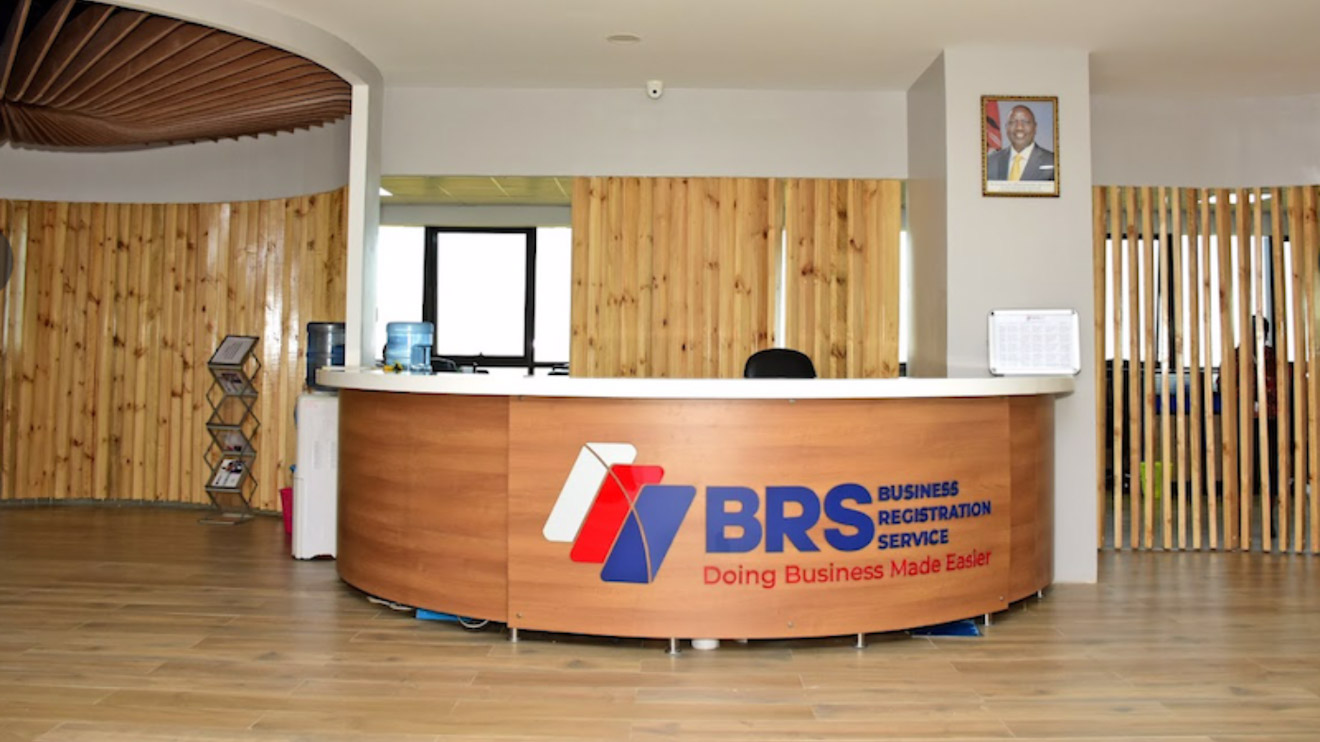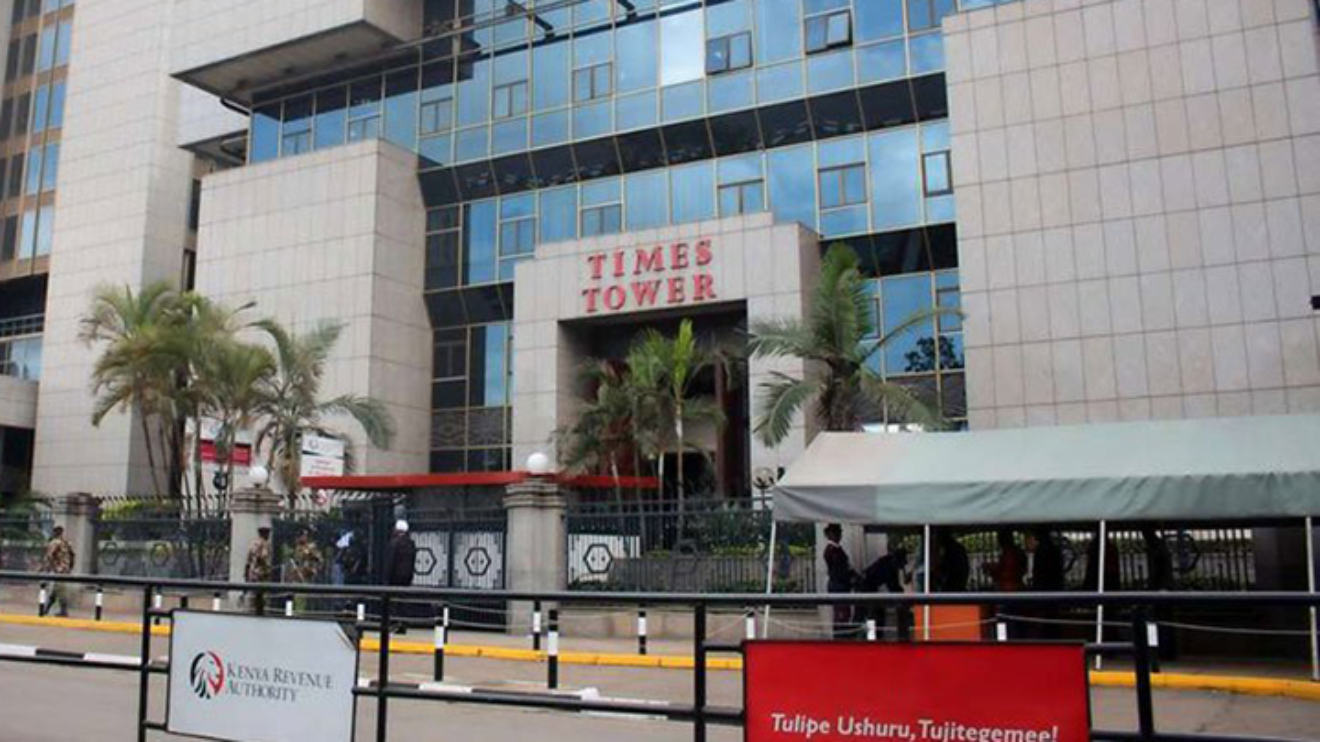Alcohol manufacturers in Kenya are vehemently opposing a proposed government policy that would compel them to pay excise duty in advance, expressing fears that it may inadvertently fuel the production and sale of illicit alcohol in the country.
The Alcoholic Beverages Association of Kenya (ABAK) argues that the rushed implementation of this provision, without public participation, could penalize legitimate industry players for their failures in managing illicit alcohol.
ABAK chairman Eric Githua criticized the insertion of the advance payment requirement into the Finance Bill by the National Assembly's Finance Committee, asserting that the existing tax remittance system, which allows manufacturers to reconcile sales before paying excise duty, is effective.
Githua emphasized that this new proposal is unnecessary and warned that it could have severe repercussions for legal manufacturers while benefiting tax-evading illicit alcohol dealers.
"Our members have remained compliant in remitting excise duty, playing their part in building Kenya's economy even in the current tough economic times. Implementing the advance payment effectively is a counterproductive, unperceptive move that will hurt legal manufacturers debilitatingly and benefit illicit alcohol dealers who do not pay taxes, anyway," Githua stated.
Read More
The introduction of this proposal follows a submission by the Illicit Alcohol Prevention Taskforce to the Finance Committee.
ABAK argues that such a significant policy change should have undergone public participation and sought the input of industry stakeholders, considering its potential impact on established ways of working.
The association emphasizes that combating illicit alcohol should focus on tracing the source and movement of ethanol, rather than burdening legal manufacturers.
Githua questioned the government's approach, stating, "You do not stop errant alcoholic beverage dealers by making it harder for legal manufacturers."
"The government should be doing all it can to unearth the source and movement of ethanol and eventual making of this harmful alcohol. So far, it is evident that the government's efforts at curbing illicit alcohol have been insufficient, with an annual loss of approximately Sh71 billion, as established by a recent study by Euromonitor. How will this move make things better?" he posed.
ABAK further highlights that, as consumption tax agents, manufacturers should not bear the cost that consumers are intended to pay through excise duty.
The association opined that if the proposal is enacted, manufacturers would be forced to review contracts with their distribution networks, including bars and restaurants, and demand upfront payment on all orders.
This sudden cash requirement ABAK says would place a significant strain on the value chain, jeopardizing the sustainability of distribution networks.
According to the 2022 Economic Survey conducted by the Kenya National Bureau of Statistics, the government collected Sh44.7 billion from locally manufactured beer, wines, and spirits in 2021.
Extrapolating this figure by factoring in an inflation rate of 6.3 per cent indicates an estimated total collection of Sh47.5 billion from these products in 2022.
Considering the proposed implementation of the new requirement, local manufacturers would need to finance a staggering daily amount of Sh130 million before making any sales.
This financial burden has raised concerns within the industry about the feasibility and sustainability of the proposed advance excise duty payment system.
As the debate unfolds, stakeholders are eagerly awaiting the government's response and hoping for a reconsideration of the proposal, ensuring that any decision made reflects the interests of all parties involved while prioritizing the fight against the illicit alcohol trade in Kenya.


 (1)-1730745141.jpg)


-1730399993.jpg)


 (1)-1725105260.jpg)


